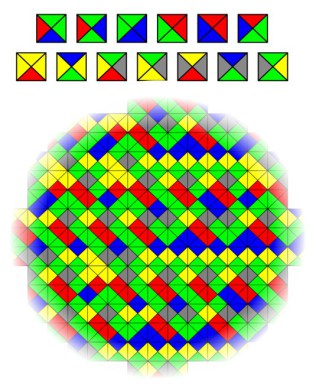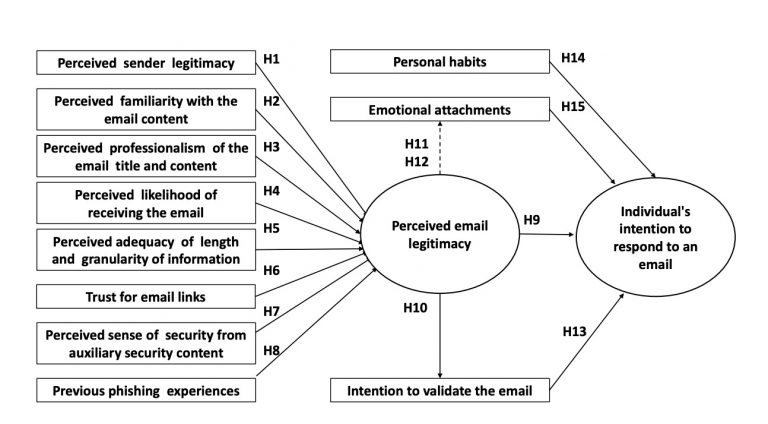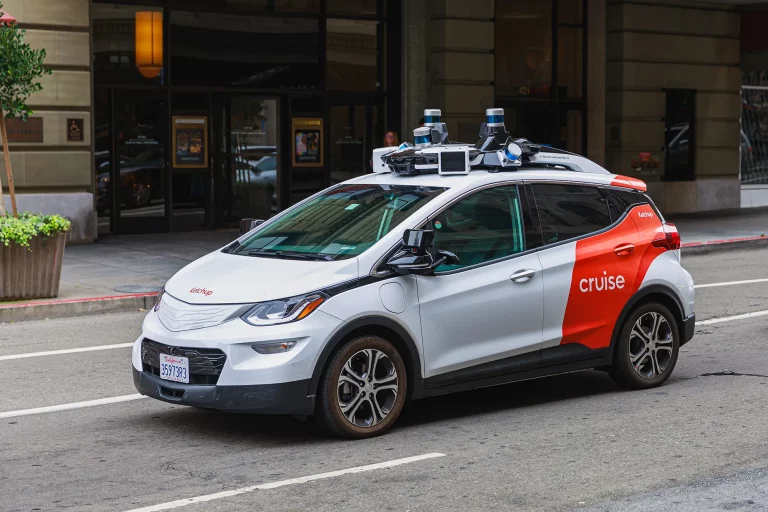11 reasons computers can’t understand or solve our problems without human judgement

It is true that our ability to collect, analyse and interpret data about the world has advanced to an astonishing degree in recent years, writes Rick Robinson, Executive Architect at IBM specialising in emerging technologies and Smarter Cities, in his blog “Urban Technologist”. However, he says, that ability is far from perfect, and strongly established scientific and philosophical principles tell us that it is impossible to definitively measure human outcomes from underlying data in physical or computing systems; and that it is impossible to create algorithmic rules that exactly predict them.
After a lengthy introduction, he provides a description of some of the scientific, philosophical and practical issues that lead inevitability to uncertainty in data, and to limitations in our ability to draw conclusions from it:
- Three reasons why we can’t measure data perfectly;
- Three limits to our ability to analyse data and draw insights from it;
- Five reasons why the human world is messy, unpredictable, and can’t be perfectly described using data and logic.
Robinson then finishes with an explanation of why we can still draw great value from data and analytics if we are aware of those issues and take them properly into account.



